FREE SHIPPING ON ORDERS OVER $25*
FREE SHIPPING ON ORDERS OVER $25*

Heel pain can sideline even the healthiest of athletes.
Professionals and weekend warriors alike can end up with conditions that cause debilitating pain, like plantar fasciitis, heel spurs, and Sever’s disease – just to name a few.
What can you do to keep yourself in the game?
Today, you’ll learn about some heel pain exercises that can relieve pain and help prevent painful conditions in the first place.
If you’re dealing with a painful foot condition, start incorporating the following exercises for heel pain into your daily routine.
These heel pain exercises are powerful. Their benefits extend beyond pain relief. They help strengthen the muscles in addition to keeping them flexible. For best results, add them to your regular warm-up and cool-down stretching sessions after a workout.
A traditional standing wall calf stretch is one of the best heel pain treatment exercises because one of the most common causes of heel pain is tight calf muscles.
Stand in front of a wall, arm’s length away. Put one foot in front of the other. Gently bend the front knee, making sure to keep your back knee straight and that heel on the floor. Stretch for 20-30 seconds, then switch legs.
Recommended product for an advanced stretch: ProStretch Plus

Get into a standing wall calf stretch position (above). Then, gently squat and lean forward as if you were going to sit, keeping your heels flat on the floor. Hold for 10-15 seconds. Switch legs and repeat.
Sit on the floor. Roll a towel lengthwise and put your foot in the middle of it, holding the towel securely on each side. Keeping your leg straight, gently pull the towel, which will pull the top of your foot back toward you and stretch your calf, heel, and bottom of your foot. You can also use a belt or a StretchRite instead of a towel.
Sit down. Keep your left leg bent with your foot flat on the floor. Pull your right leg up and cross it over your left so that your ankle is resting on your knee. Using your right hand, gently pull your toes back, stretching the bottom of your foot. Hold for 10-20 seconds. Repeat twice, then switch legs.
Sit in a chair and place a towel under your feet. Curl your toes so that you scrunch and draw the towel toward you. Repeat five times with each foot. Towel curls help strengthen the foot muscles.
Place approximately 20 marbles (or objects of similar size) on the floor. Use your toes to pick up each marble. Like the towel curls exercise, this is one of the heel pain exercises that’s also great for strengthening foot muscles.
Calf raises done on a step will help stretch as well as strengthen the muscles. Stand on a step with your heels hanging over the edge. Lower your heels to stretch. Raise them to strengthen.
Stand in front of a wall, placing the toes of your right foot on the wall and keep your heel on the floor. Put your hands out in front of you as if you were going to do a push up against the wall. Bend your arms, bringing your body closer to the wall. Hold for 15-30 seconds.
Stand in front of a chair or coffee table. Roll up a towel or small blanket. Stand on it with both feet, keeping your heels on the floor. Bend forward, using the table or a chair as support as you stretch the muscles. Hold for 30 seconds. Repeat, but this time with slightly bended knees. Hold for 30 seconds.
To help relieve plantar fasciitis symptoms, sit on a chair, and keep good posture. Using a full, frozen water bottle, roll your foot back and forth for about a minute, then switch feet.
Recommended Product: ProStretch® Footy Massage Ball
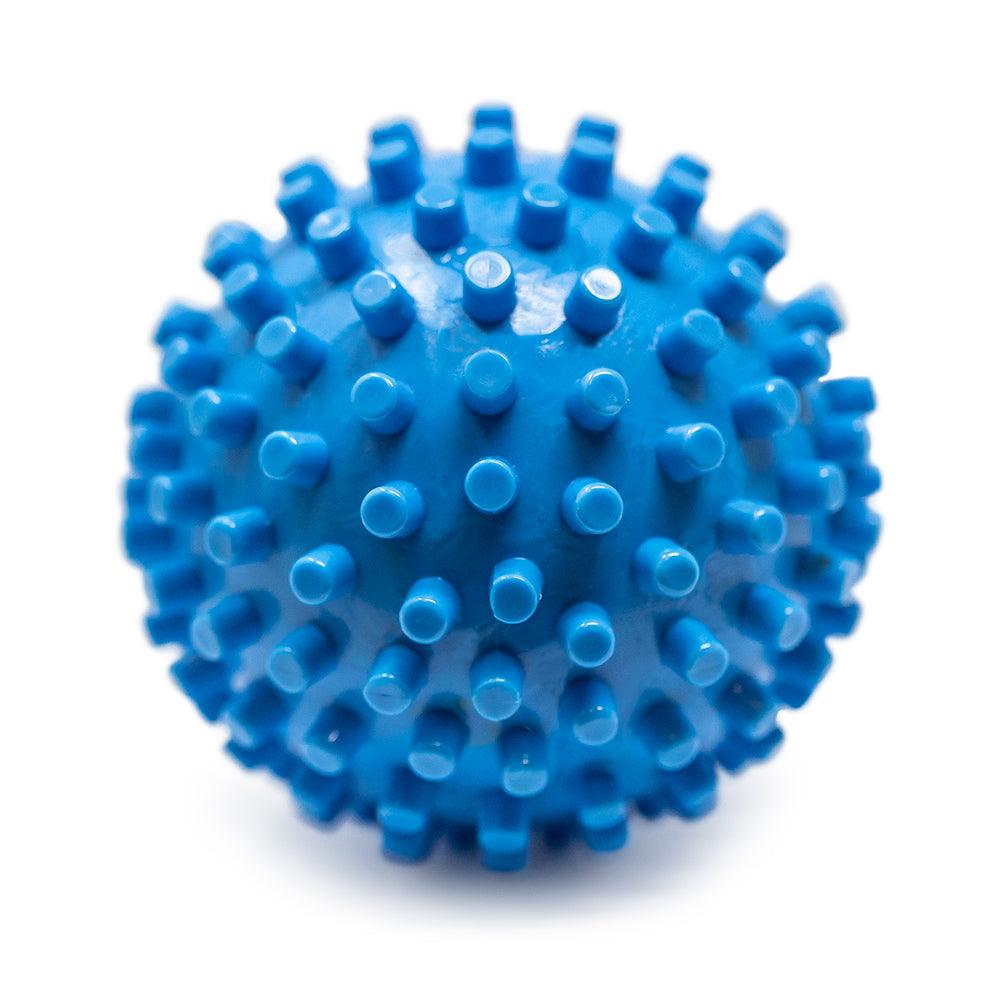
If you’re suffering from heel pain, your top priority is to identify the cause. Understanding the cause can help you find ways to reduce your pain fast, including finding the best heel pain exercises. For example, different steps are required to treat plantar fasciitis than those needed to ease pain from heel spurs.
Once you’ve figured out the root cause, the next step – besides implementing exercises for heel pain – is to find products that can help alleviate discomfort and muscle tension, such as:
Need a little help to get a great stretch? You need to try this device. It will help stretch tight calves, and foot muscles, plus help strengthen the foot and Achilles tendon. It’s an ideal tool for athletes to use to prevent injuries and ease tenderness and stiffness.
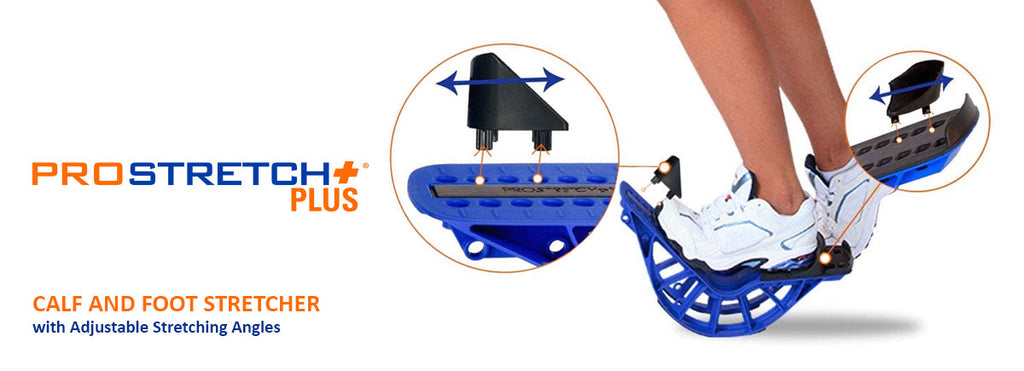

Athletes with heel pain trust Tuli’s® heel cups, braces, and insoles to cushion their feet and provide an extra level of shock absorption and support while simply walking or engaging in athletic activities.
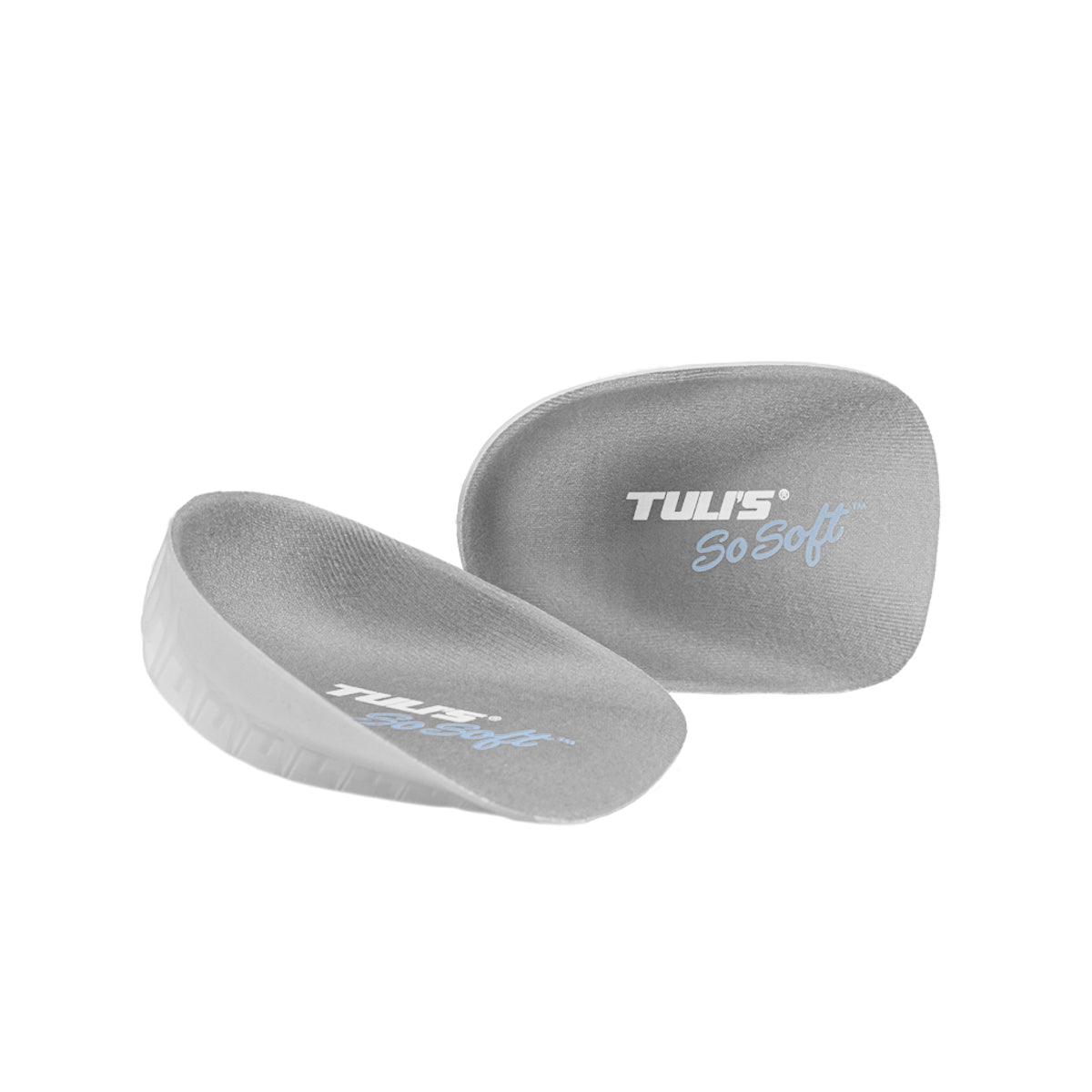
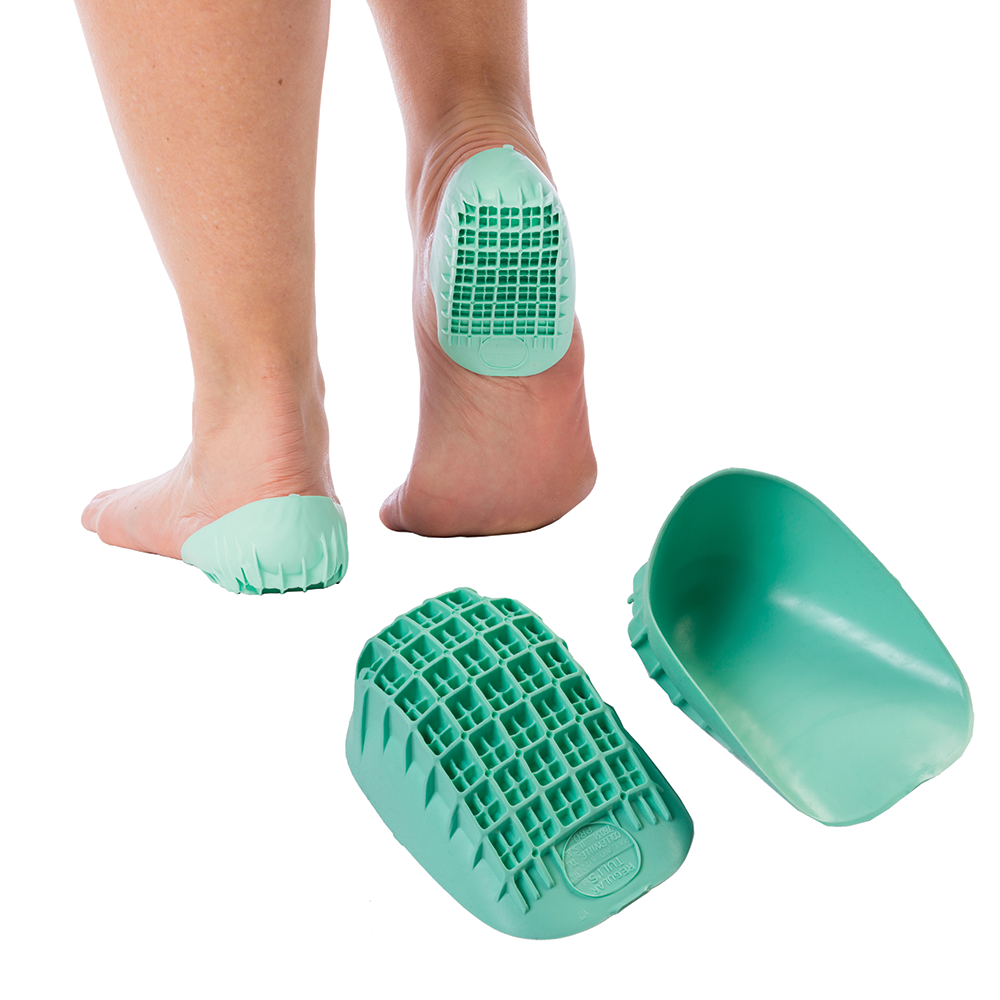
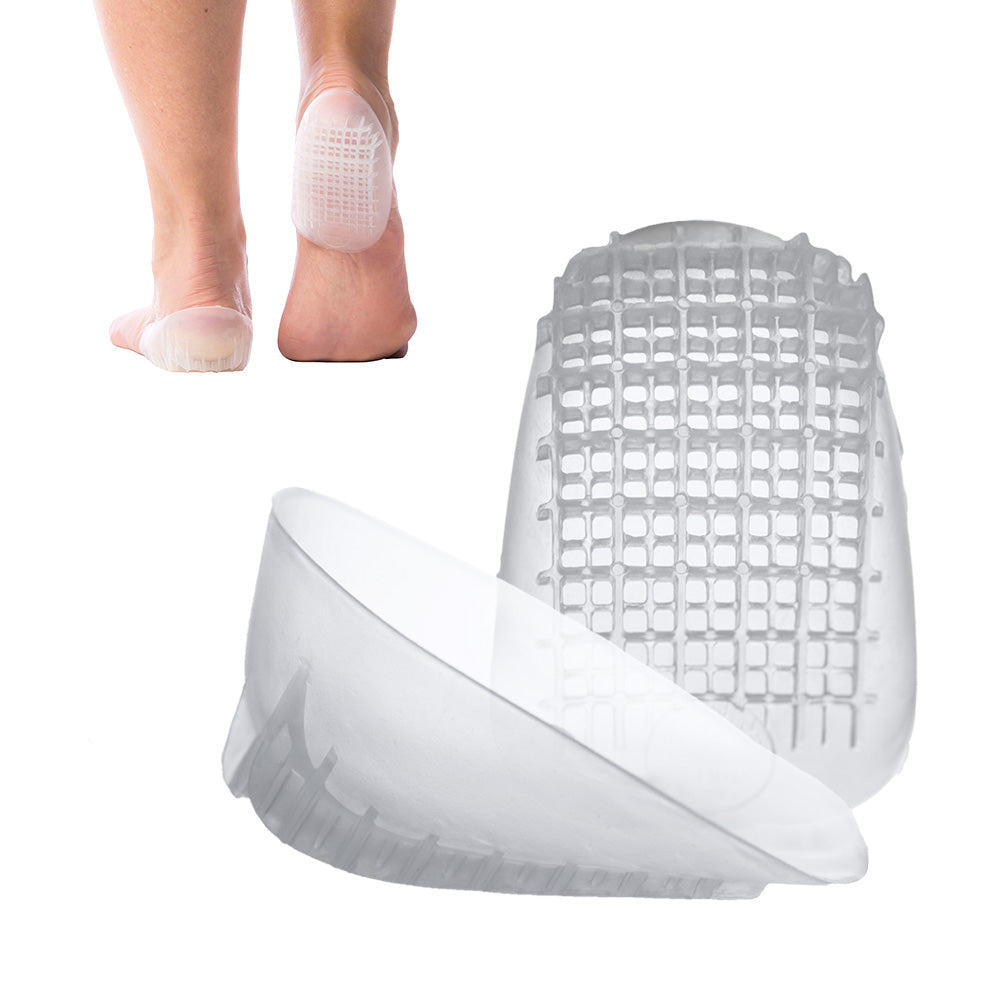
It doesn’t matter what level of athlete you are; the goal is the same: You want to stay in the game for as long as possible.
To do that, you need to take steps to prevent injuries and heal quickly if you do get injured, so you don’t end up with long-term, painful, debilitating conditions.
Warming up, stretching, and performing heel pain treatment exercises will help. It will take some extra time, but it’s worth it.
Are you dealing with more than just heel pain? Check out our Pain Solution Center, where you’ll find tips and product recommendations that can help ease your pain.
PLEASE NOTE: The information on this website and article is for information only and should not be used as a substitute for consulting your doctor. Consult your doctor for proper diagnosis and rehabilitation.
OTHER RELATED TOPICS:
HOW ARE PLANTAR FASCIITIS INSOLES DIFFERENT FROM REGULAR INSOLES?
5 THINGS A PLANTAR FASCIITIS INSOLE MUST HAVE TO BE EFFECTIVE
5 BEST HEEL CUPS FOR PLANTAR FASCIITIS
PLANTAR FASCIITIS, A REASON TO WORRY?
5 REASONS WHY YOU SHOULD STRETCH IN THE MORNING